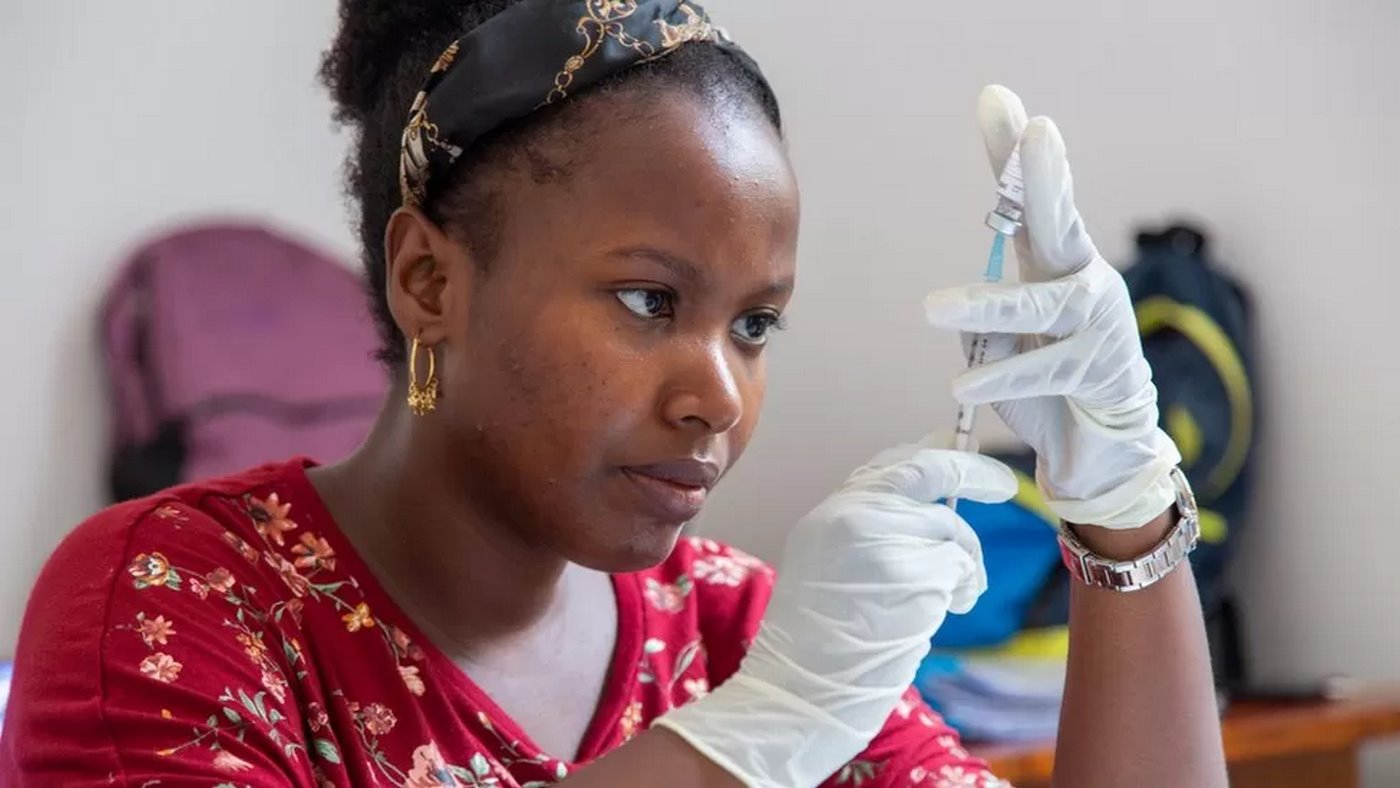After 8 years of testing and trials, the long-awaited decision on whether or not Oxford’s R21 malaria vaccine would be approved has been made.
Two of West Africa’s biggest economies, Ghana and Nigeria, have approved it for immunization in infants between 5 months to 3 years of age, one of the highest mortality groups for malaria.
Scientists have been trying to create a vaccine for malaria for more than a century. Currently, the final trial data—a study of R21 shots in 5,000 children in Burkina Faso, has been shown to various African health or drug authorities but has not been made public yet.
“We expect R21 to make a major impact on malaria mortality in children in the coming years, and in the longer term [it] will contribute to overall final goal of malaria eradication and elimination,” Professor Adrian Hill, director of the Jenner Institute at the University of Oxford, where the vaccine was invented, told the BBC.
At the moment the Serum Institute in India is preparing between 100 and 200 million doses of the vaccine for use in Africa.
Ghana, the first country to approve it for use, is also constructing a factory in its capital of Accra, where R21 will be manufactured for a few dollars per dose.
MORE BIG HEALTH BREAKTHROUGHS: Vaccine for Mostly-Lethal Marburg Virus Shows Promise in First Human Study
The R21 trains the body to create “very strong” antibody levels by inoculating it to the circumsporozoite protein coating found on between 10 to 20 of the various malaria parasites injected by the mosquito. It has an 80% efficacy rating, the highest ever achieved with the appropriate degree of safety.
Ghana and Nigeria have already approved the vaccine, and others may follow, including the World Health Organization. Between them, Ghana, Nigeria, and their Francophone neighbor the Ivory Coast make up a quarter of the GDP of the entire continent, with a combined population of over 160 million people.
WATCH the news below from Africa News…
SHARE This 100-Year Dream, Potentially Realized For The First Time…




















